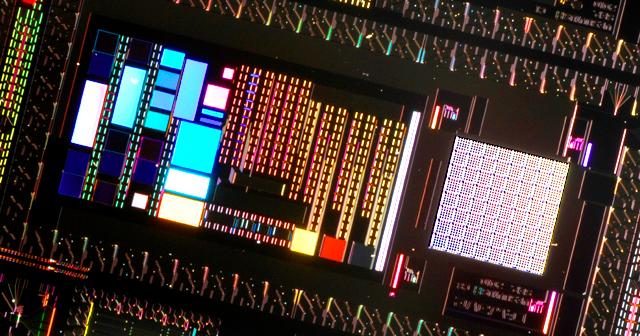D-Wave’s quantum computers have certainly demonstrated that they’re capable, but they have also received much criticism from scientists. Now, new results show that their technology could be even more solid than they’d claimed in the past.
D-Wave takes a different tack to quantum computing than most academics and researchers, favouring an applied approach which makes those with rigorous intellectual minds uncomfortable. In other words, it’s builds something it thinks should work, and if it seems to do so, then it’s happy (we’re simplifying here, but hey, it is quantum computing — you can go read this if you want to know more ). After all, actually monitoring what’s going on inside a quantum computer is pretty tricky .
But now, a paper published on arXiv server by researchers from University College London and the University of Southern California has compared theory to practice. The researchers used three classical quantum physics models, and one which describes the technique that D-Wave claims to be using. Crunching through all of that to predict what the results should look like, the data generated by D-Wave’s quantum computer turned out to be just the way it should given the theory it’s claimed to be built on — while the three classical descriptions didn’t fit.
In other words, D-Wave’s technology works the way it claims it does — which is a big win for the company, which has come under plenty of fire from academics. “This is analogous with the transition from classical physics to relativity,” said Colin Williams, a quantum physicist who serves as D-Wave’s director of business development, to the New York Times. “This slays the objections.” Well, kinda it does; there are still some question marks surrounding quantum computing as a whole. What this does do, though, is force naysayers to sit up and pay attention to D-Wave’s technology. Which must be a relief, given its technology is now being used by Google and NASA .
Ultimately what will settle the argument, though, is practice, not theory. D-Wave is currently readying a quantum computer with 1,000 quantum bits — twice as many as before — and should have one with 2,000 ready by the end of the year. Those increases in scale should, theoretically, provide astronomical jumps in performance; if they do, critics won’t have a leg to stand on. [arXiv via New York Times]
Image by D-Wave
